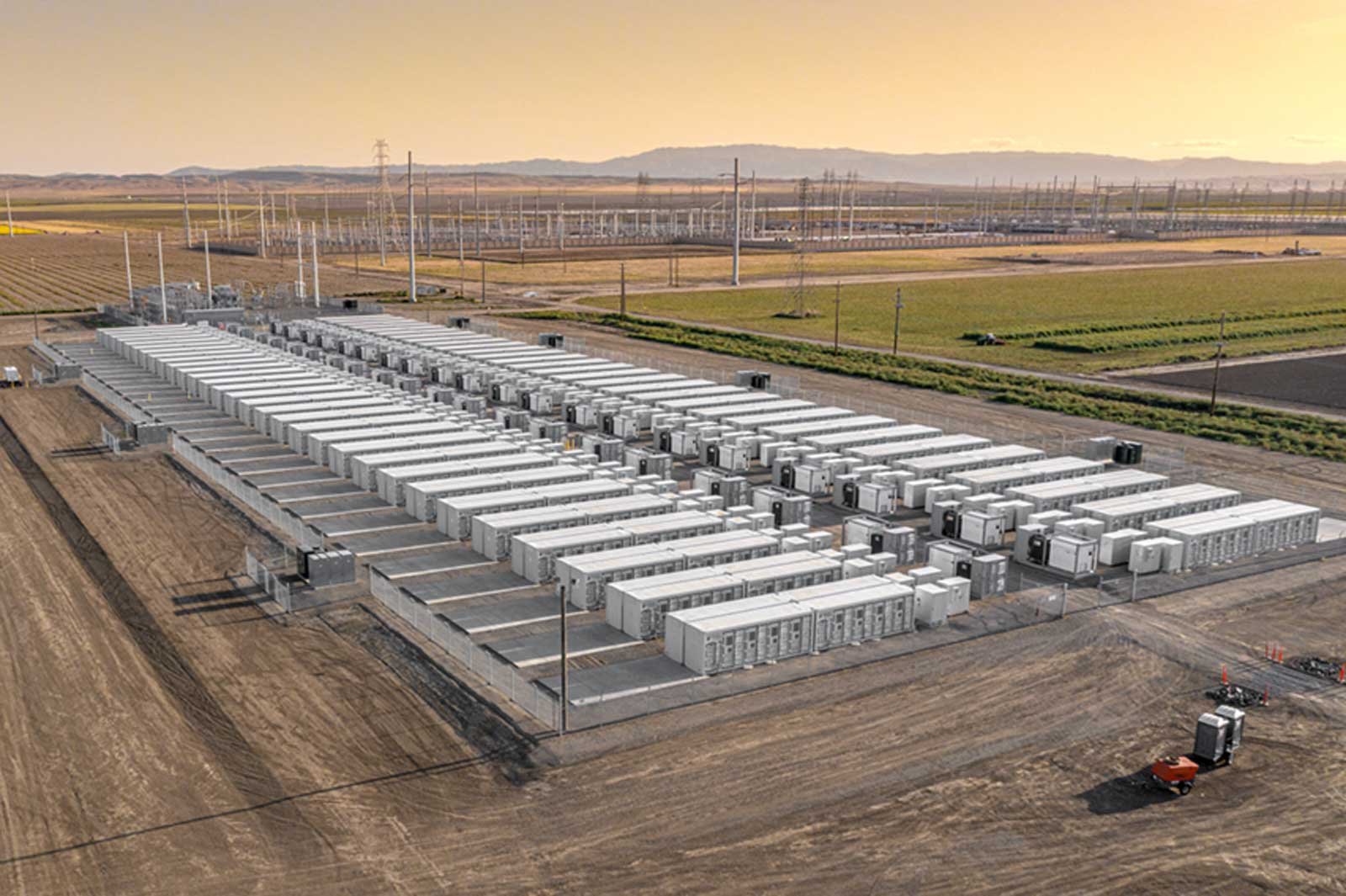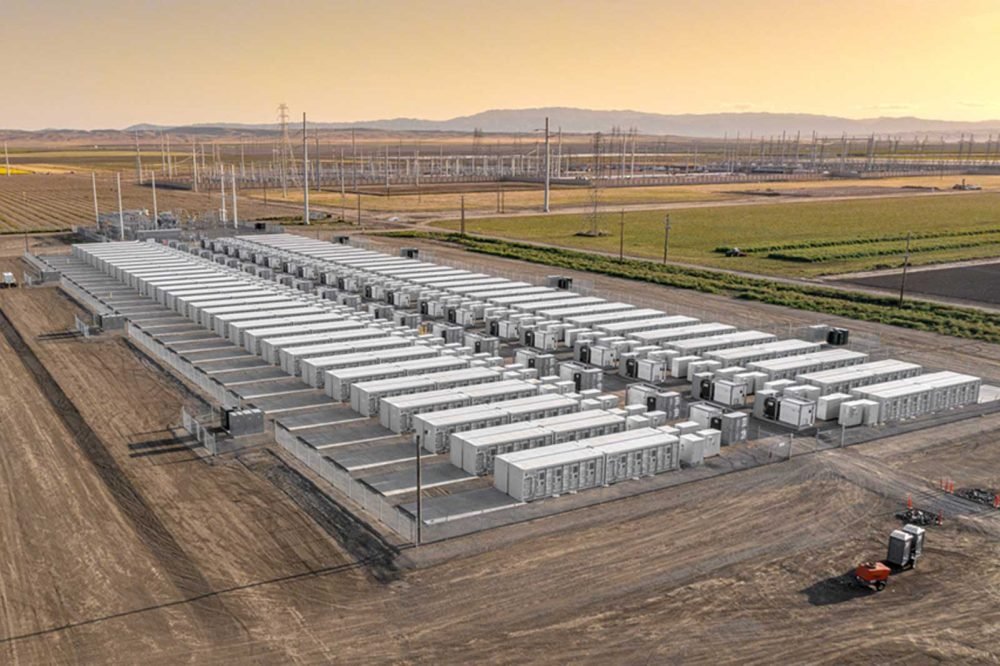BATTERY ENERGY STORAGE SYSTEMS (BESS): Definition & Role in Renewable Energy Integration
Definition of BESS
A Battery Energy Storage System (BESS) is a technology that stores electrical energy in batteries and releases it when needed. It allows for better energy management by providing flexibility, balancing supply and demand, and improving grid stability. BESS typically uses lithium-ion, flow, sodium-ion, or other battery chemistries to store and dispatch power.
How BESS Integrates with Solar and Wind
Renewable energy sources like solar photovoltaic (PV) and wind power are intermittent, meaning their electricity generation fluctuates due to weather conditions. BESS helps bridge this variability by storing excess energy and delivering it when demand is high or when generation is low.
Key Integration Aspects:
-
Smoothing Power Output:
- Wind and solar generation can be unpredictable. BESS smooths fluctuations by storing excess energy during high generation periods and discharging it during lulls.
-
Time-Shifting & Load Management:
- Solar power generation peaks during midday, but electricity demand often peaks in the evening. BESS shifts the stored energy to match demand patterns.
- Wind power often generates more energy at night, which BESS can store for use during the day.
-
Hybrid Systems:
- BESS can be co-located with solar PV or wind farms to create hybrid power plants. These hybrid systems offer firm, dispatchable power, improving reliability and reducing reliance on fossil fuels.
How BESS Improves the Grid
BESS plays a crucial role in enhancing grid performance and resilience by addressing several key challenges:
-
Grid Stabilization & Frequency Regulation:
- Provides fast-response energy to maintain grid frequency within acceptable limits, reducing blackouts and system failures.
-
Voltage Support & Power Quality Improvement:
- Mitigates voltage fluctuations, ensuring a stable power supply.
-
Peak Load Shaving:
- Reduces stress on the grid by supplying stored power during peak demand periods, lowering electricity costs.
-
Ancillary Services:
- Supports services like black start capability (restarting the grid after an outage) and reactive power support.
-
Deferring Grid Infrastructure Upgrades:
- Reduces the need for costly grid expansion by optimizing the use of existing transmission and distribution networks.
BESS Contribution to the Energy Transition
BESS is a key enabler of decarbonization and the transition to a sustainable energy future by:
- Enabling Higher Renewable Energy Penetration:
- Overcomes intermittency issues, making solar and wind energy more reliable and viable as primary power sources.
- Reducing Dependence on Fossil Fuels:
- Helps phase out fossil-fuel-based peaker plants by providing on-demand power from renewables.
- Electrification & Decarbonization:
- Supports the electrification of transportation (e.g., charging infrastructure for EVs) and industrial processes.
- Microgrids & Energy Access:
- Enhances resilience and energy access in remote areas through decentralized microgrids that integrate renewables with storage.
Conclusion
Battery Energy Storage Systems (BESS) are a game-changer for the renewable energy sector, offering flexibility, reliability, and stability to power systems. By effectively integrating with solar and wind energy, BESS ensures a smoother transition toward a cleaner, more sustainable, and resilient energy future while reducing the reliance on fossil fuels.


